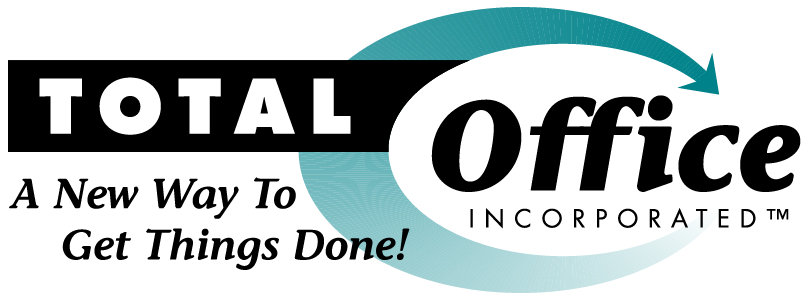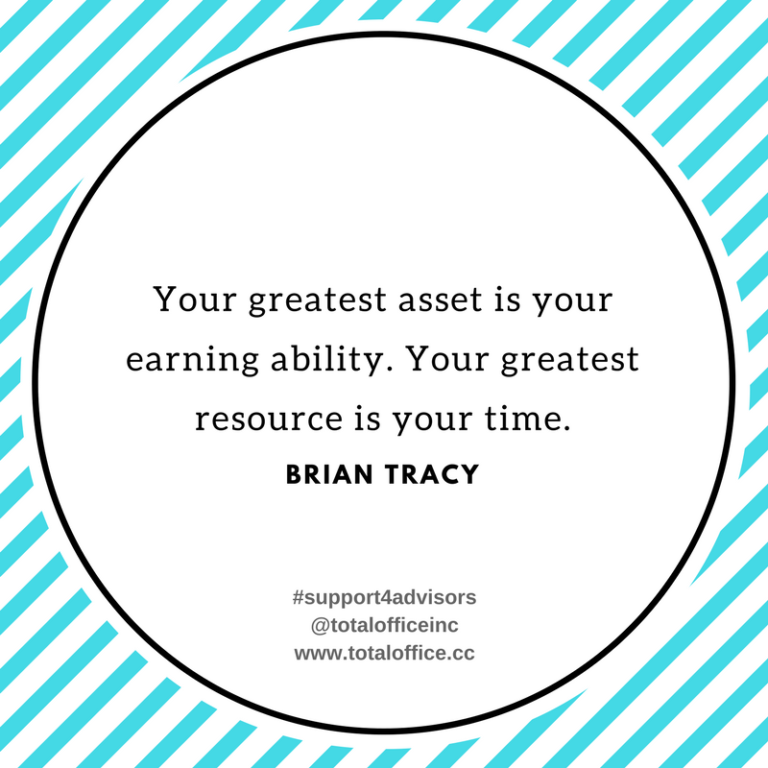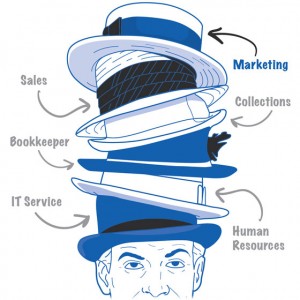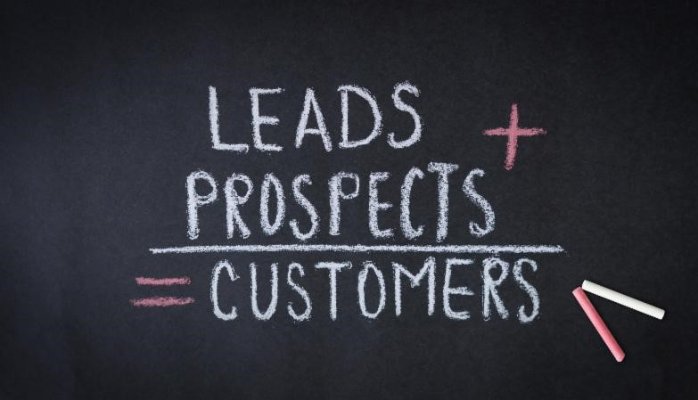What SEO Can Do For Your Marketing Strategy
A few months ago, while drinking my morning coffee in the wee hours of the morning, I was researching reviews on our client’s 2015 T3 Advisor Technology Conference when I came across financial writer, Michael Kitces’, Nerd’s Eye View blog (www.kitces.com). In his review he listed some take-a-ways from the conference. One take-a-way was a problem that smaller advisors have with their marketing. Being in marketing myself, my interest was piqued. He mentioned that while there are a number of marketing solutions to help advisors at the middle and bottom of the sales funnel there are none available at the top. He continued to say that “As it stands in today’s environment, larger advisory firms are reinvesting into marketing to solve this challenge, but most advisory firms are “stuck small” as they lack the capital to do so”.
Although he didn’t mention what the larger firms were doing, from my experience working with Financial Advisors, most likely their ability to purchase top ad’s on search engine pages and elsewhere is one marketing investment that sets them apart. After all, placing at the top of a search engine’s first page is indeed one of the top ways to get leads to into your sales funnel.
With that said, there still is an affordable solution for the small to middle advisor, it’s called Organic Search Engine Optimization (SEO). While there is an investment, the cost is much less than the search engine “Ads” that the big firms use to get on top of the search engine pages. An Organic SEO placement starts right below the paid Ads on a search engine page. By adding Organic SEO to your marketing strategy, it puts you on a level playing field with the big guys.
Why Invest In Search Engine Optimization (SEO)?
The vast majority of web traffic comes from search engines. That means the most important thing you can do to increase your website’s traffic (which gets strangers to the top of your sales funnel) is to improve its search engine ranking. While I can’t teach you everything you need to know about SEO in one article, I can share a few things that will help you decide if it’s right for you.
7 Things You Should Know About SEO
SEO is a practice that helps you build your online presence, making it easy for targeted customers find you. The primary goal of search engines is to determine the actual content of your site. Once they do this, they decide when and where your site listing should appear in search results. By implementing an SEO solution, you are communicating to the search engines exactly what your business does. The process involves effectively communicating the most relevant keywords, great content, inbound linking and more.
Selecting Keywords Takes Time. Keywords are an essential part of SEO and considerable time should be given to their selection. The process includes writing down as many keywords and phrases as possible that are relevant to your business and industry then determine their KEI Value to select the best keywords for your website. Ideally, you want to end up with a primary keyword for your index page and then a keyword for each page of your website. Once selected, keywords should be correctly incorporated in your site to make it more search engine friendly and relevant for the best opportunity for success.
GREAT Content Is King. Search engines heavily consider the textual content of a page when determining how to rank it. Each page on your site should be on topic and contain relevant, original and informative text that supports your keywords and areas of expertise. Your site should be seen as an authority on the topics you present. The more topical, helpful and user friendly your content is, the more valuable your site will appear to search engines. Doing this will also make your site more useful to the people searching for your “keyword”. Kitces’ mention in his article that it’s hard for advisors to stand out because most of them are ‘generalist’. If that applies to you, great content is a weapon you can use that will help you stand out from your competition, large or small. Make them want to stay there, come back and refer others to your site.
Domain name Relevance. Most of today’s major search engines take a close look at the domain name you’re submitting. According to some estimates, Google’s algorithm may place as much as 10% of importance on domain names and filenames. That’s a very healthy figure, especially when many search engines don’t even place that much importance on keyword lists. While most businesses use their business name, for SEO purposes, a better way to go is to incorporate your primary keyword within your domain, this helps reinforce what your site content does. For example, if you’re optimizing your index page for Retirement planning, the domain name you register might look like this: Retirement-planning.com. Because the domain includes your primary keyword phrase, search engines will see your site as more valid when someone searches for that keyword. When a ‘stranger’ types in a keyword phase “Retirement planning” and there’s 20 retirement advisors in your area, guess which firm is most likely going to show up first?
Link Building Is Important. Another part of SEO is link building. It’s important that your website be associated with other sites that discuss keywords and topics relevant to your site. These links can help you dramatically improve your search engine rankings and influence traffic to your site. In fact, quality inbound links are the single most important external factor affecting search engine rankings.
Patience is a Virtue. After your site has been optimized the next step is submitting it to as many search engines and directories as possible, not just the major ones. Getting your site recognized by search engines takes time. Depending on the competitiveness of your keyword, your budget, and search trends, initial results may take a several weeks to a few months to be seen. The wait will be worth it. Once you start getting quality leads you will be glad you went through the process!
SEO is a Continuous Process. For SEO to be cost-effective, it needs to be maintained and monitored continuously and consistently. Just when you think you have it figured out, a search engine will change their algorithm or a competitor will slip in behind or ahead of you. When that happens you will need to adapt and make changes quickly. If you are a busy advisor or business owner, you won’t have time to monitor all the changes that happen. That’s why outsourcing to an SEO professional is a smart thing to do. They have the knowledge and will keep a constant eye on any changes to keep those top of the funnel leads coming in.
A Word of Caution from the author: There are good guys and bad guys in all industries including SEO professions. I recommend that you stay clear of hiring a professional that makes big guarantees on 1st page rankings. Ranking high on search engines is a good measure of the quality of work done by your SEO professional but organic rankings have too many factors that contribute to rankings to make such a promise.
While SEO is not a quick fix, it is a practical solution for advisors or anyone who needs good quality leads coming into their funnel. Yes, it can take a little time before it pays off but as the saying goes “Good Things Come to Those Who Wait!”
Copyright 2016 Sherry Carnahan






